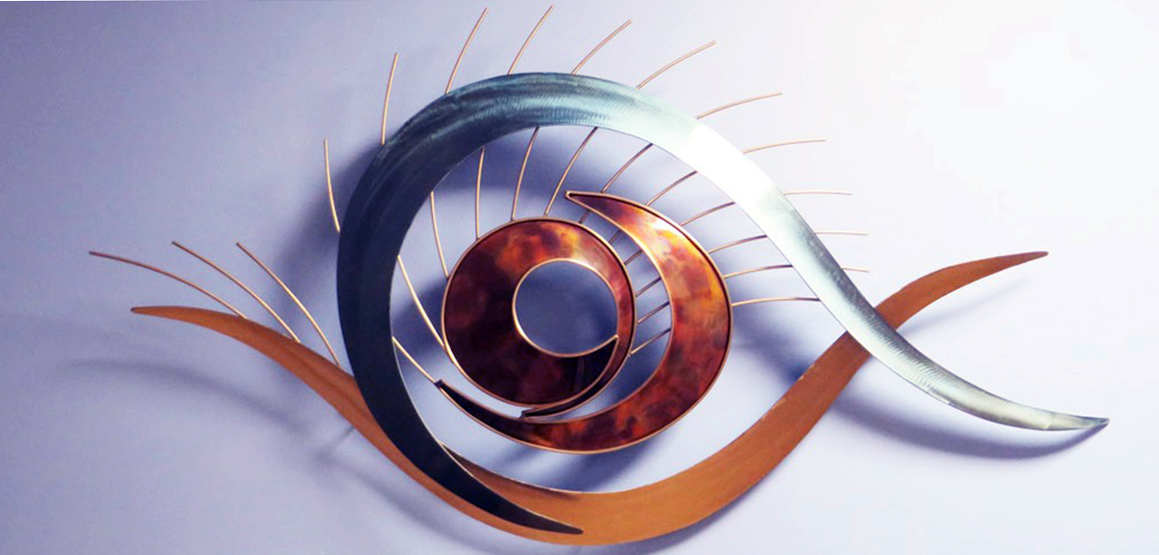
6 Benefits for Children of “Older Mothers”
What are the effects on children whose mothers have them “later?”
The number of births to women in their 30s and well into their 40s keeps rising; at the same time, the number of women between ages 20 and 24 who are having their first child falls. Surprisingly, the number of women having babies in their mid forties or older, although still relatively small, has tripled in last 20 years.
The push back and concern about women having babies when they are older has been well documented. In spite of risks, having babies “later” is increasingly popular, signaling a trend that is more than likely to continue. Robin Gorman Newman (no relation), founder of MotherhoodLater.com (link is external), a community and resource for “later” moms, tells me that her organization has been growing steadily since she started it in 2005. “I receive ongoing inquiries from women anticipating they may become a mom at age 35 and older seeking information and support,” she says.
Medical advances—in-vitro fertilization, egg freezing, frozen embryos, donor eggs and surrogates—have allowed women to consider waiting to have children until they feel ready. With technology to monitor and protect both mother and fetus, many risks have been reduced. These advances also provide a “security blanket,” a cushion of sorts, for women who wait to become mothers.
CBS Sunday Morning spotlighted first-time mothers who started their families in their 40s. Some conceived naturally, others used fertility assistance. “Is 40 the new 30 for having babies? (link is external)” CBS asked. These women underscore the realities of getting established and being able to have their babies when the time is right for them.
Continue reading at … https://www.psychologytoday.com/blog/singletons/201606/6-benefits-children-older-mothers






















